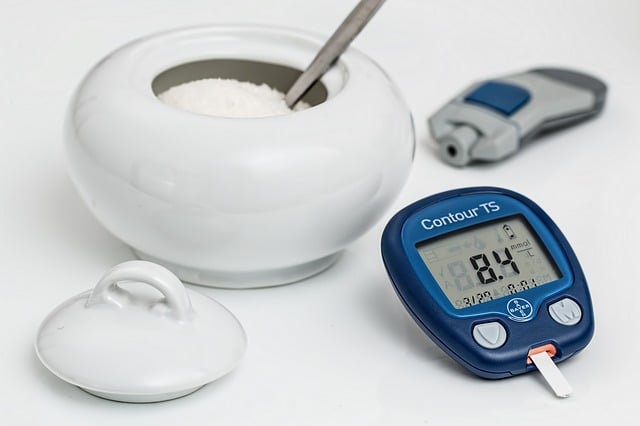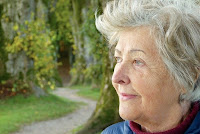
Multivitamin Improves Memory in Older Adults
Taking a daily multivitamin supplement can slow age-related memory decline, researchers found.

Taking a daily multivitamin supplement can slow age-related memory decline, researchers found.

People taking certain drugs to lower blood sugar for Type 2 diabetes had less amyloid in the brain, a biomarker of Alzheimer’s disease, and showed slower cognitive decline than diabetics not taking drugs and people with diabetes. Find out more.

What kind of brain enables “superagers” to learn and recall novel information as well as a 25-year-old? Researchers have found the answer. Learn more.

A molecule found in green tea helped UCLA biochemists discover several molecules that can destroy tau fiber. Learn more.

Dementia incidence has steadily fallen by 20 to 25 percent over the past three decades in the U.S., U.K., Sweden, and the Netherlands. How come?

During aging as well as during Alzheimer’s or Parkinson’s disease, iron accumulates in the human brain. Now, researchers found that in vertebrates, a microRNA called

What are the six signs of early dementia, and how can Vitamin B1 help head it off? Dr. Eric Berg explains.

BETTER MEMORY AND BEHAVIOR, with reduced levels of Alzheimer’s tau, were achieved in the lab by supplementing drinking water with nicotinamide riboside, a form of vitamin B3. Learn what these important results mean to Alzheimer’s.

Got enough sunshine? Learn how sunshine seems to offer a bright, simple way to lower your risk of dementia.

Researchers found in a German study the Mediterranean diet — one rich in fish, vegetables and olive oil — can protect the brain from the development of protein deposits and loss of brain matter.

TWENTY MUSIC VIDEOS: Music says what words never can. Take in these engaging, moving songs about living well with Alzheimer’s.

TEEPA CARE-TIP VIDEO:
Dementia dangerously alters a person’s sense of smell. Teepa Snow brings to light what people with dementia smell – and what they don’t. Learn to prevent hazards and frustrations.

“Sundowning” describes agitation and anxiety often felt towards the end of the day in dementia. See what it is and what you can do about it.

SHORT-TERM MEMORY lapses are obvious signs of Alzheimer’s, but other tell-tale signals begin to show much earlier. Learn how to look for semantic impairments, such as simple questions about size.

Three important dementia studies focus on HS-AGING, a type of dementia almost as common as Alzheimer’s in the 85+ group. Yet few people have heard of it. Why? What makes it different?

An intriguing study of 120 grandmothers might surprise you. Doctors know socially engaged people have better cognition and less dementia. But can a person get too much of a good thing? What’s the right balance?

Enjoy this great duet between a musician with dementia and his son. A triumph of spirit over Alzheimer’s! Sing-a-long if you like!
No spam, only news and updates.


